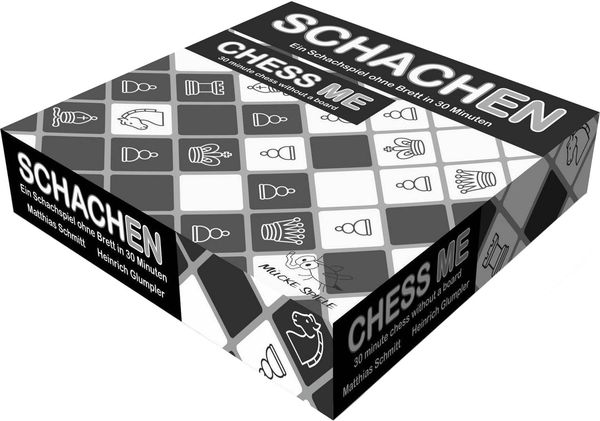Chess Explained is a new series of books about chess openings. They are not theoretical works in the traditional sense, but more a series of lessons from a chess expert with extensive over-the-board experience with an opening. You will gain an understanding of the opening and the middlegames to which it leads, enabling you to find the right moves and plans in your own games. It is as if you were sitting at the board with a chess coach answering your questions about the plans for both sides, the ideas behind particular moves, and what specific knowledge you need to have.
The Classical Sicilian is one of the most popular and respected systems of the Sicilian, and has been used frequently by players such as Anand, Kramnik and Shirov. Black develops his pieces more quickly than in many Sicilian systems, and intricate piece-play often results. The Classical Sicilian arises after the moves 1 e4 c5 2 Nf3 d6 3 d4 cxd4 4 Nxd4 Nf6 5 Nc3 Nc6. White's most popular and critical response is the Richter-Rauzer Attack, and recent years have seen a diversification in the plans for both sides in this perennially popular line. Against White's alternatives to the Rauzer, Yermolinsky covers lines that retain the independent significance of the Classical move-order, such as 6 Bc4 Qb6 - a line in which he is a leading specialist.


